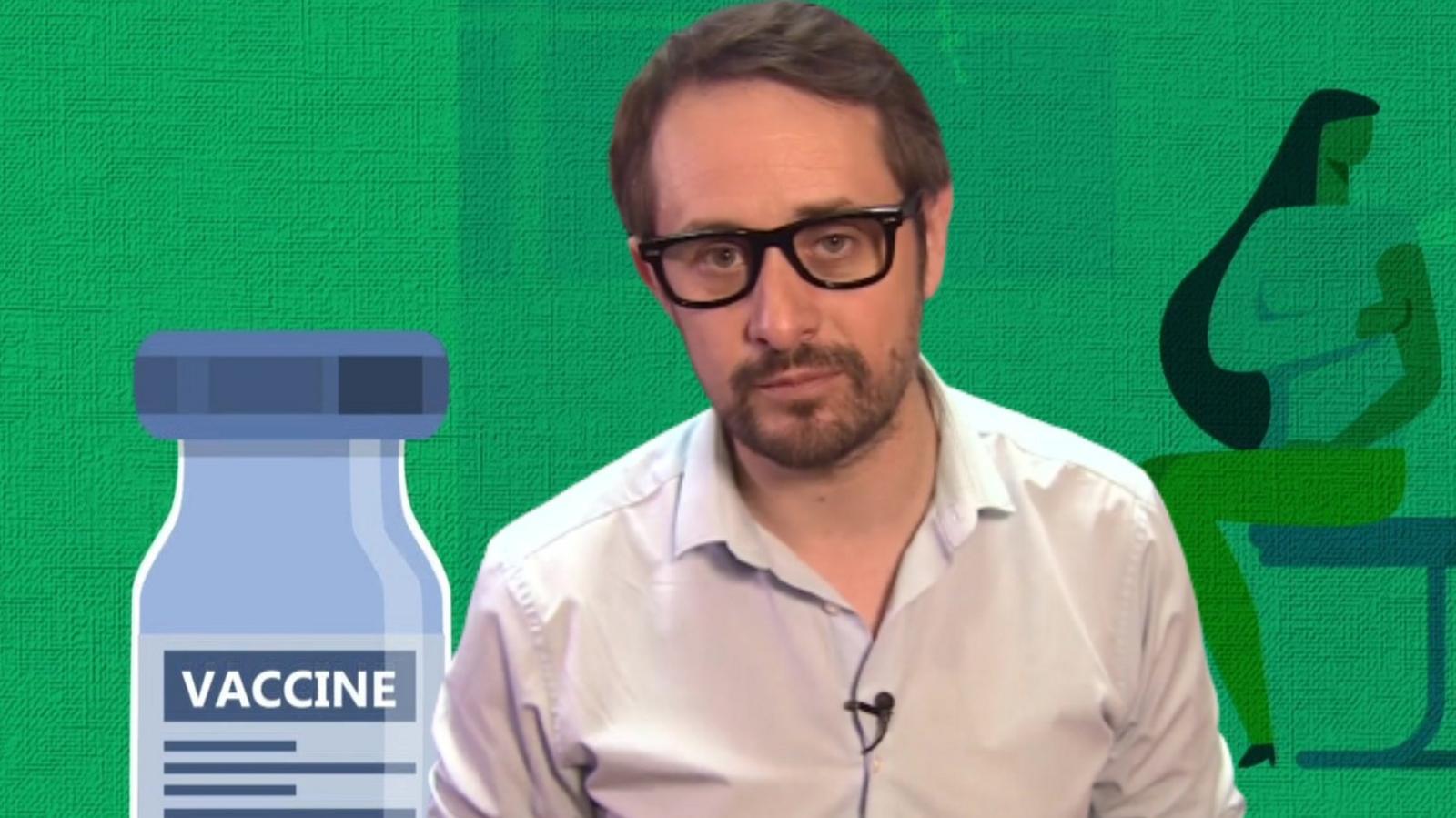Coronavirus: Researchers 'reassured' by world's largest study on long Covid in kids
- Published
- comments
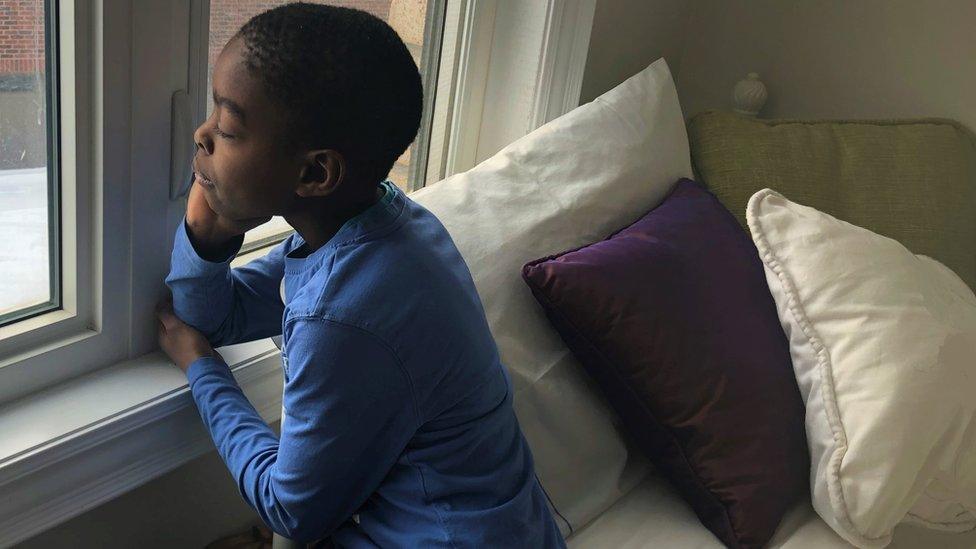
Researchers who have carried out the world's largest study into long Covid and children, say they're "reassured" by their findings.
Nearly 7000 young people in England aged between 11 and 17 years old took part in the survey which was led by University College London and Public Health England.
The study, which has yet to be published in a medical journal, also gathered data from young people who had never tested positive, meaning more than 50,000 were surveyed in total.
The group was made up of those who had a positive PCR test result between January and March and a group who tested negative in the same period.
A PCR test (polymerase chain reaction) is what is used at the local testing centres. These are swab tests which need to be sent away to a laboratory, and provide a result usually within 24-48 hours.
For some people, coronavirus can cause symptoms that last weeks or months after the infection has gone. This is sometimes called post-Covid-19 syndrome or "long Covid".
SOURCE: NHS
They found that as many as one in seven still report having some symptoms - such as headaches and tiredness - more than three months after being infected.
However, lead author Professor Sir Terence Stephenson said he feels "reassured" by the data and that the results are better than many expected.
He added that he remains "very concerned" that there could be young people who are "severely affected" - "young people who are completely bedridden or remain very short of breath or have daily headaches, and I wouldn't want to diminish that" - but that "overall it's better than people would have guessed back in December".
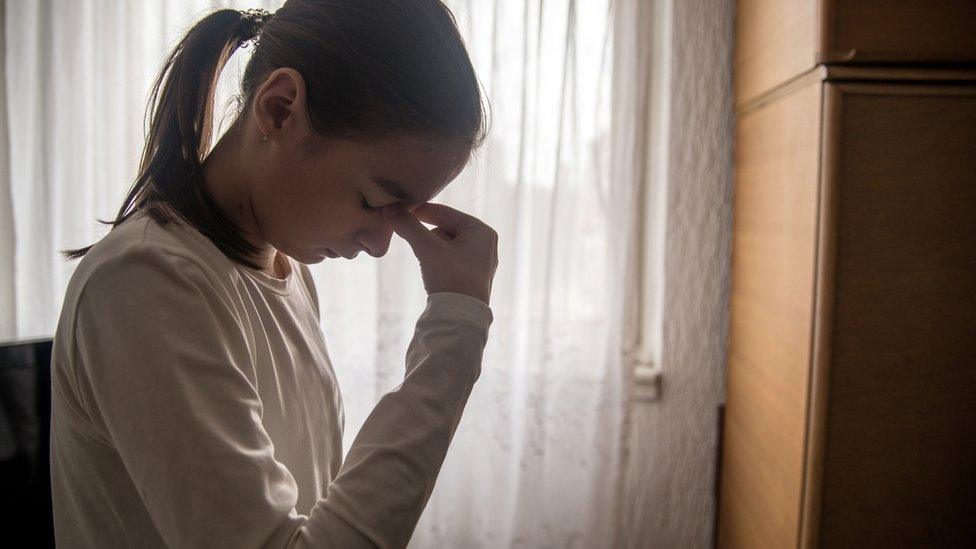
Researchers said their data suggests 11-17 year olds who tested positive were twice as likely to report three or more symptoms 15 weeks later than those who tested negative.
But the real numbers could be lower - as only a small proportion of people asked to take part responded, and researchers believe that those people suffering from symptoms are more likely to have filled out the survey than those who didn't.
Sir Terence, Nuffield Professor of Child Health at the UCL Great Ormond Street Institute of Child Health, said: "There is consistent evidence that some teenagers will have persisting symptoms after testing positive for SARS-CoV-2 [Covid-19].
"Our study supports this evidence, with headaches and unusual tiredness the most common complaints.
"The difference between the positive and negative groups is greater if we look at multiple symptoms, with those who had a positive test twice as likely to report three or more symptoms 15 weeks later."
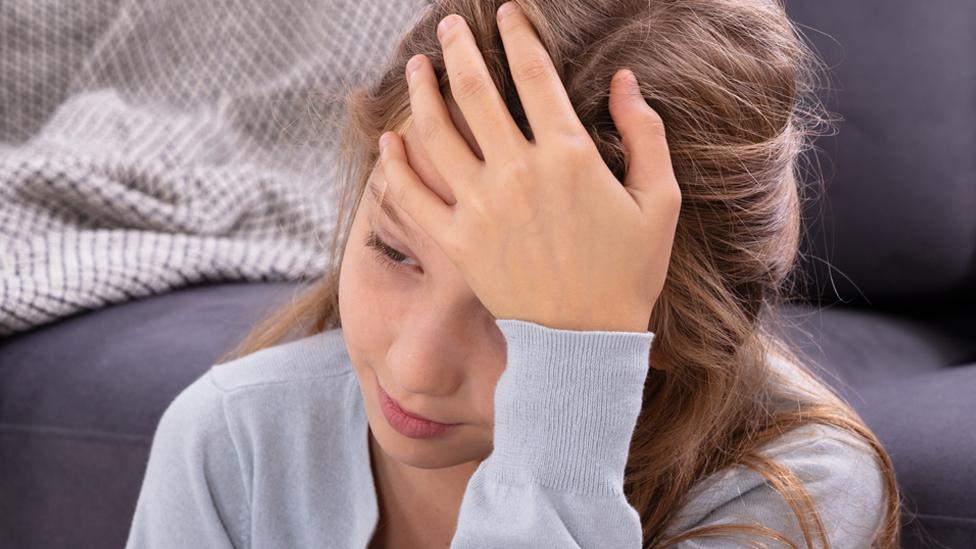
Danny Altmann, professor of immunology at Imperial College London, said the study showed the "risk of long-term debilitating illness appears real and significant" in children.
He added: "The data offers significant new input to global debates about how extensively we need to control infections in children, given that lethal disease is so rare relative to older groups.
"The answer seems to be that large numbers of children are paying a very high price for Covid-19 infections. Studies such as this need to inform our policy discussions of risk-benefit in schools as we consider masks, ventilation and vaccine rollout."
Health minister Lord Bethell said: "Most people who catch Covid-19 make a full and quick recovery but we know some continue to suffer from symptoms for months after being infected.
"That's why we are backing vital research like this to help build our understanding of long Covid so we can protect adults and children from its effects."
The research around children and long Covid hasn't finished, it'll carry on with the results being analysed at six months, a year and two years from the time of the person's PCR test.
- Published6 April 2022
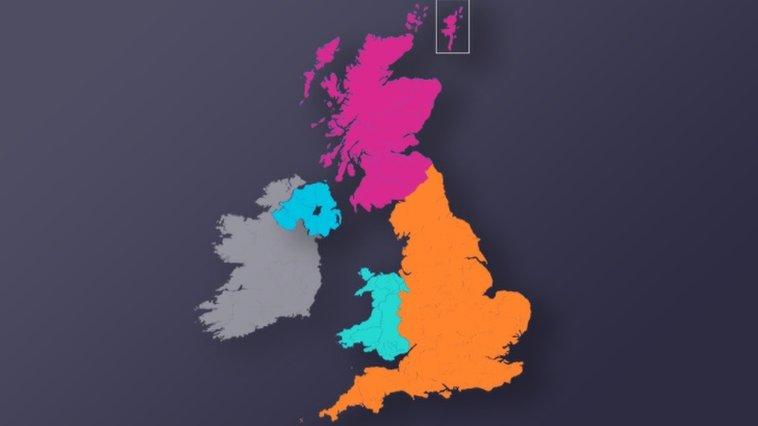
- Published20 July 2021
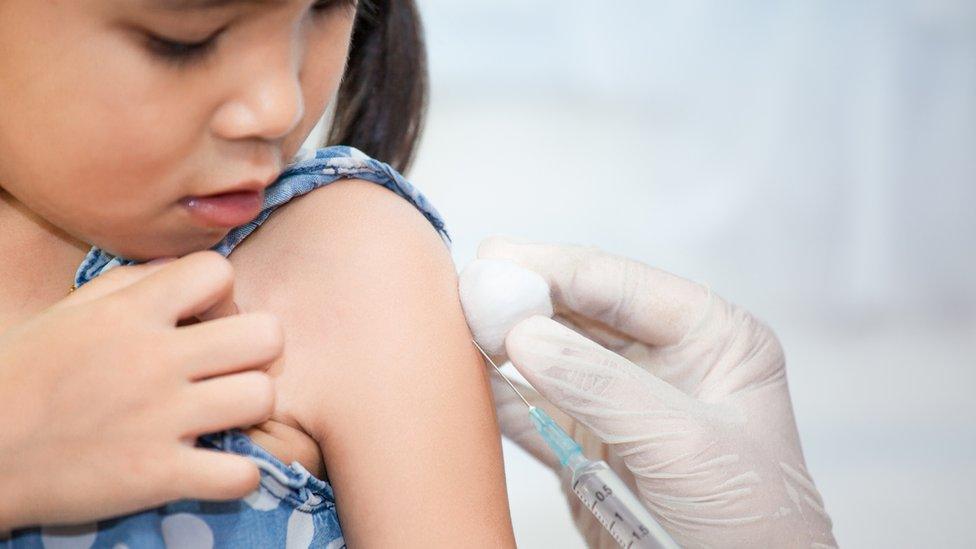
- Published21 July 2021
